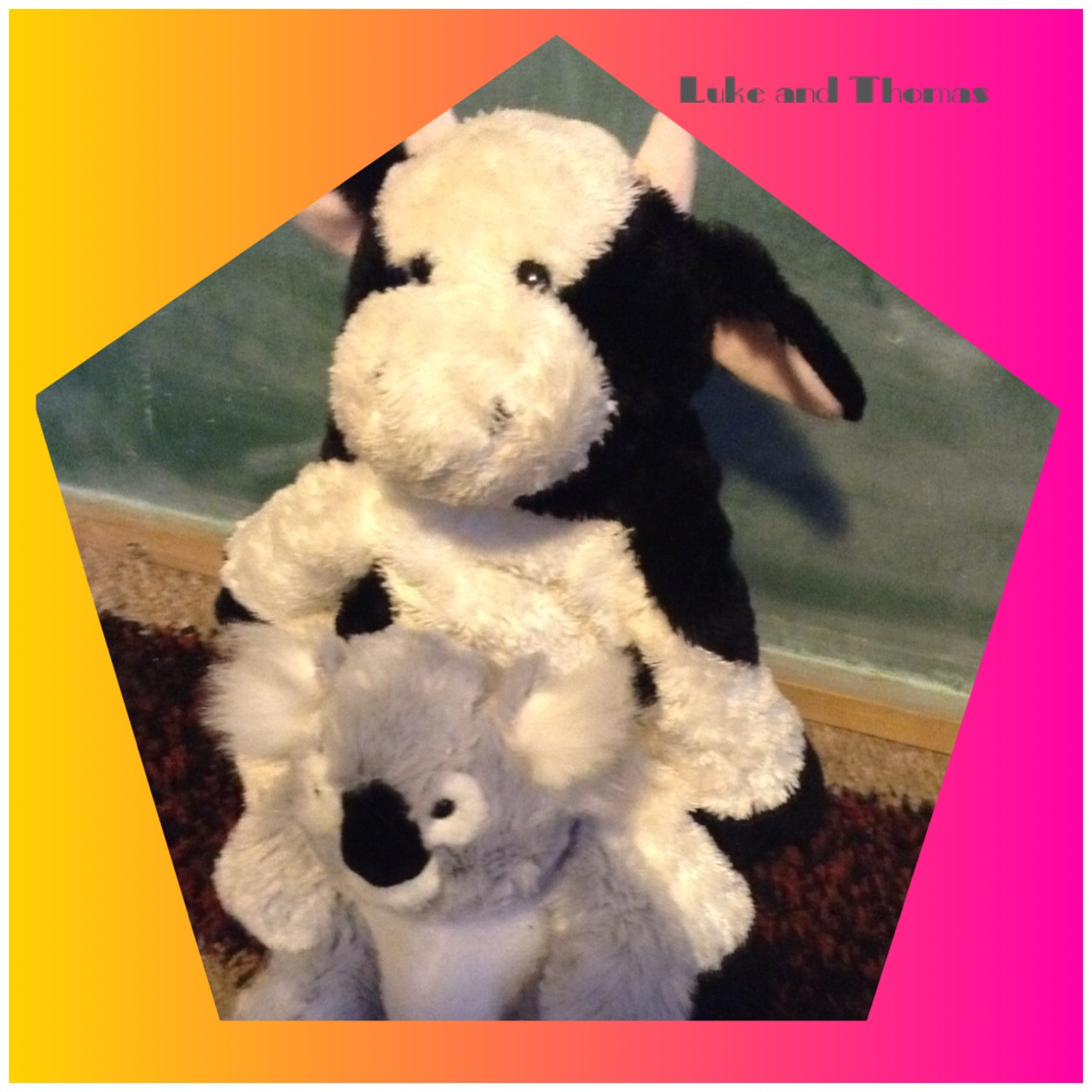The greatest happiness of life is the conviction that we are loved—loved for ourselves, or rather, loved in spite of ourselves. (Victor Hugo)
Ella has scarcely removed her coat when she runs to a shoe box full of small toys. A special Friday. A day off school. Time to play.
She grabs the plastic slide and the character, Diego. I know she will want Dora the Explorer next, so I reach for the figure closer to the same size. (We have several Doras in the box.) Ella chooses the slightly larger figure.
Size is not significant in the world of make-believe. I forget. Play is my granddaughter’s realm. She makes most of the choices here. She needs to yield to the adult world often enough. In make-believe, she has more experience.
We take turns leading the figures down the slide: on their bellies, head first, up the wrong way, and one friend giving the other a gentle nudge to move faster. Then Ella decides head first means vertical, with feet facing up. She laughs.
She is a child, but she lives in the real world, too. She is aware of the attitudes others have toward her whether she can verbally express what she knows or not. Talking about her struggles in her presence, is unfair. Even cruel.
Yes, Ella has Down syndrome. She needs to work harder in some areas. However, she has been reading for several years—sounding out words, not simply memorizing them. Ella has a sense of humor.
“Look!” she says. She turns Diego’s head around.
“Are you doing that again?” I say for Dora. Then I turn Dora’s head around. “But, you do it so much better, Diego.”
Ella howls with laughter.
I suggest placing the two figures on the back of a plush ladybug. “Let’s fly.” Our fantasy world continues.
That’s how I know I’ve been completely accepted into her imaginative space. I consider it a promotion.

Read Full Post »


